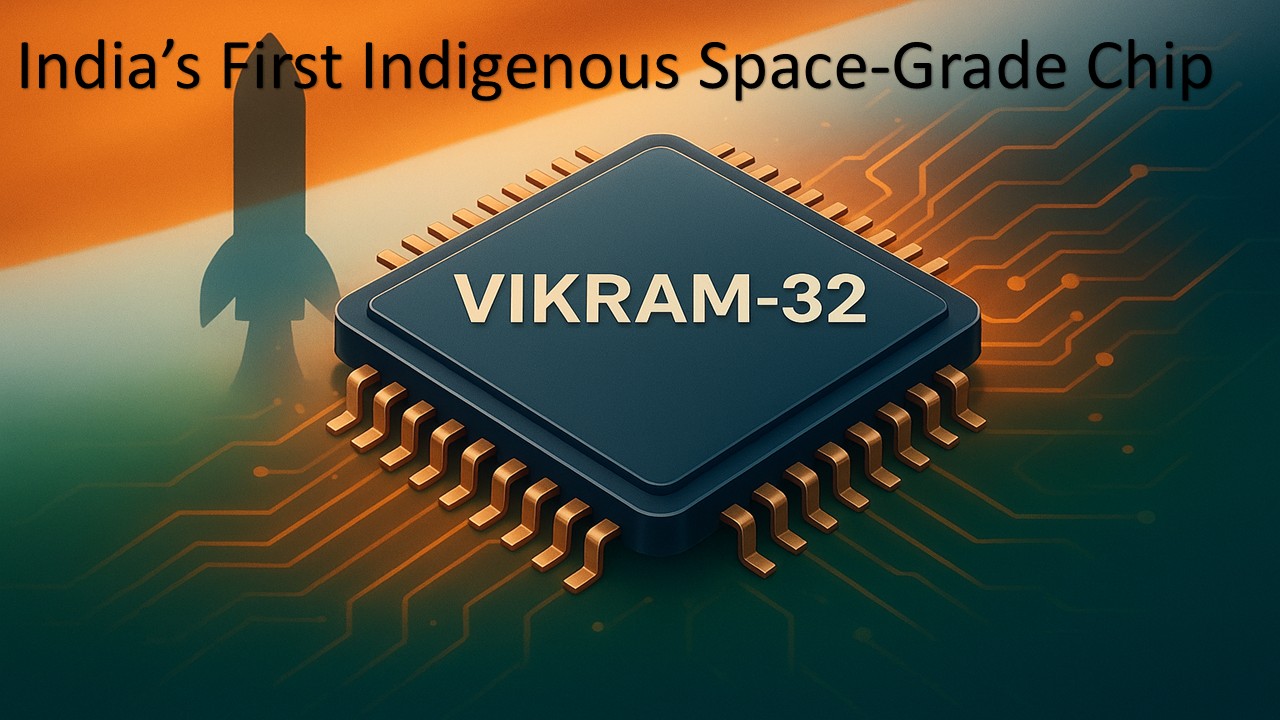The U.S. government is reportedly considering taking equity stakes in major semiconductor companies such as Intel, Micron, Samsung, and TSMC. This move comes in exchange for subsidies provided under the CHIPS and Science Act. Previously, the government planned to provide $10.9 billion in subsidies to Intel in return for a 10% equity stake. Now, similar proposals are under consideration for other companies as well.
Policy Purpose and Background
The CHIPS and Science Act, passed in 2022, aims to boost U.S. semiconductor production and reduce dependence on China. The act provides $52.7 billion in subsidies. The government is now considering equity stakes to strengthen policy enforcement and ensure taxpayer value.
Market Impact
Following the announcement of potential government stakes, affected companies’ stocks have declined:
| Company | Approx. Decline |
| Intel (INTC) | 6.8% to $23.60 |
| Micron (MU) | 5.6% to $117.21 |
| TSMC (TSM) | 2.6% (ADRs) to $228.60 |
Analysts suggest this drop is a concern for shareholders, as it may dilute existing stakes.
✅ Advantages
- National Security:
Semiconductors are critical for modern technology and defense equipment. Government equity ensures that strategic technology does not fall under foreign control. - Benefit for Taxpayers:
The government provides billions in subsidies. Equity stakes allow taxpayers to directly benefit from company profits, rather than just funding grants. - Boost to Domestic Production:
Government stakes can encourage companies to expand domestic chip production and invest in new factories, driving economic growth and employment. - Industrial Policy Stability:
Government investment helps companies plan long-term projects with reduced risk, boosting R&D and technological innovation.
❌ Disadvantages
- Shareholder Dilution:
A 10% government stake reduces the ownership of existing shareholders, affecting their control and profits. - Market Uncertainty:
Government intervention may create policy-based pressure, causing unpredictability for investors. - International Issues:
Stakes in foreign companies like Samsung and TSMC may trigger legal or regulatory challenges in other countries.- Example: Taiwan’s regulations may limit U.S. equity involvement in TSMC.
- Impact on Corporate Autonomy:
Companies may require government approval for strategic decisions, potentially limiting innovation and business flexibility.
🌐 Global Implications
Government stakes in companies like Samsung and TSMC could affect international relations and foreign investment policies. Particularly in TSMC’s case, Taiwan’s rules and foreign ownership regulations may pose challenges to direct U.S. involvement.
Outcome
The U.S. government’s potential equity stakes in semiconductor companies represent a significant policy shift.
- Objective: Strengthen national security and ensure taxpayer value.
- Risks: Possible market instability and international tensions.
Future monitoring of this policy is essential to evaluate its impact on shareholders, the semiconductor market, and global relations.
“Information based on Reuters report on U.S. government semiconductor stake, 2025.”




































































